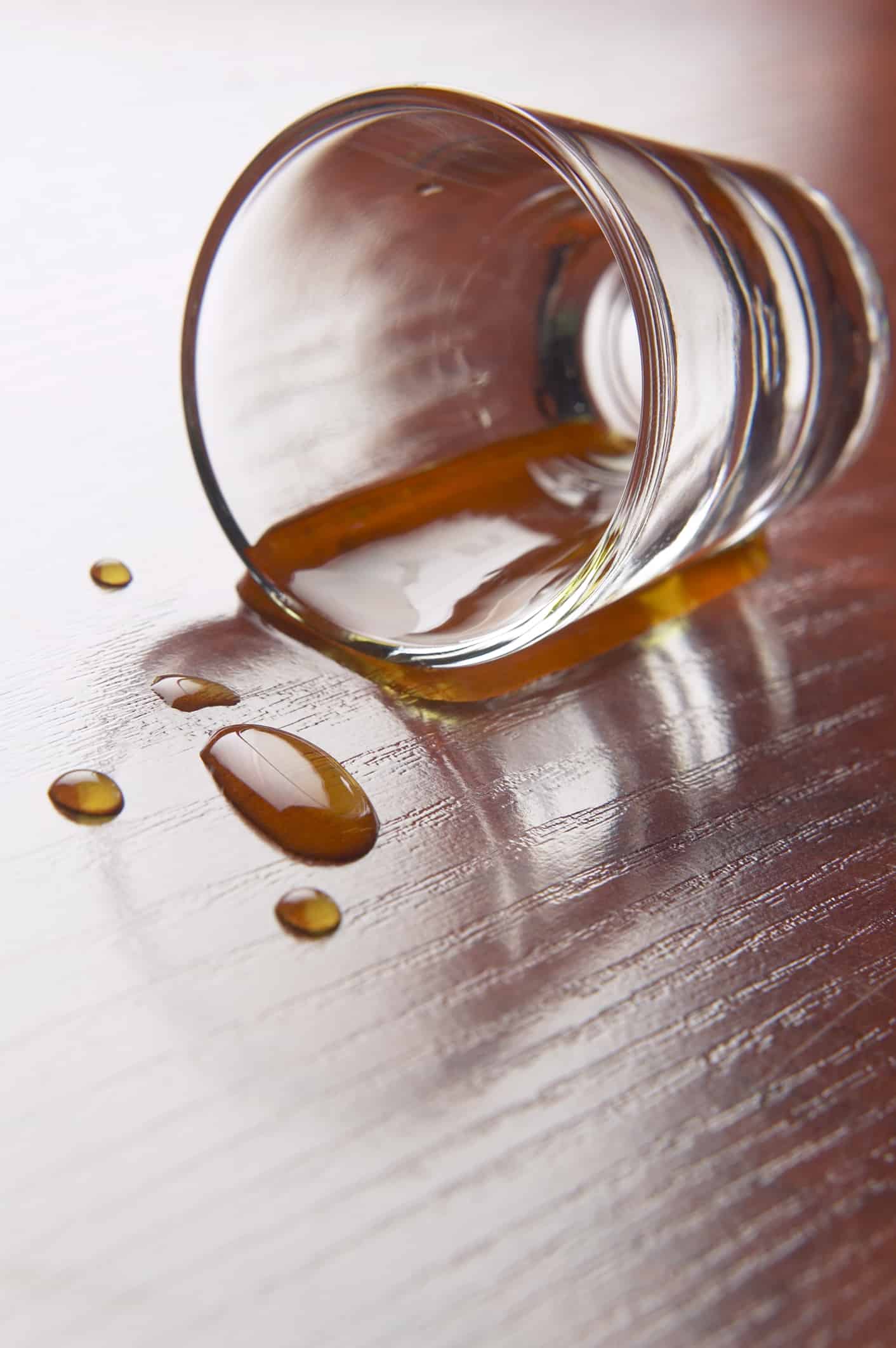
To intelligently discuss the issue of whether or not addiction is a disease, we must first define the term “disease.” To do this I turned to the 24th Edition of the Stedman’s Medical Dictionary which provided the following definitions.
- A disease is a morbus, an illness, a sickness that causes an interruption, cessation, or disorder of bodily functions, systems, or organs.
- A disease is an entity characterized by at least two of these criteria:
- a recognized etiologic agent (or agents);
- an identifiable group of signs and symptoms; or
- consistent anatomical alterations of known body systems.
To determine if addiction is a disease, we must see if it meets this definition.
Our position is that addiction is a disease. This position is shared by many prestigious organizations including the World Health Organization (WHO), the American Medical Association (AMA), and the American Psychiatric Association (APA). The Congress of the United States of America formally acknowledged that Alcoholism was a disease with the passage of the Hughes Act in 1970.
For further assistance, we use the DSM-IV and it’s associated criteria to better determine the difference between abuse and dependency. These criteria include :
- A. A Pattern of Compulsive Use
- B. Tolerance
- C. Withdrawal
- D. Craving:
- F. Loss of control overuse
- G. Inability to abstain:
- H. Addiction Centered Lifestyle:
- I. Addictive Lifestyle Losses
- J. Continued Use In spite of Problems
The Facts Behind Addiction as a Disease
Addiction is a condition that’s the cause of plenty of debate, both within the medical community and outside it. One of the key factors in this debate, one that’s been raging for years and continues to this day: Is addiction a disease?
At Renaissance Ranch, our addiction treatment programs are designed to get you or a loved one the help they need while struggling with addiction. Let’s look at what research says about its classification, and what that means for the approaches we take to addiction recovery.
NIDA Research
According to NIDA, or the American National Institute on Drug Abuse, addiction is a chronic relapsing brain disease. This is a definition that incorporates parts of both neuroscience and medicine, drawing from extensive research that shows that the human brain is physically changed as a result of addiction.
This definition has largely been accepted among rehabilitation facilities like ours, as well as among policymakers. There are still debates, however.
Counter-Argument
The opposing argument to addiction as a disease is that addiction is learned, and that whatever has been learned can be “unlearned.” This kind of thinking can be damaging to true recovery, however. It’s not as simple as you might think, though.
With any addiction, from drugs to gambling or sex, there is a merging of one’s self-concept with brain changes. The first few times one engages in an addictive behavior, it indeed may well be mostly the result of pure choice. However, once the brain has been changed by these patterns, the individual loses control of their behavior.
In addition, choices alone cannot determine whether something is a disease. For instance, major accepted diseases like diabetes, heart disease and many types of cancer all draw major risk factors from choices like exercise, diet and sun exposure. And yet, all of these are clearly considered diseases. With that in mind, we can say that a disease is what happens to your body as a result of a combination of lifestyle choices and other factors – making addiction clearly a disease that falls into this category.
In conclusion, addiction as a disease assists the client better understanding his/her behaviors when under the influence. This does not absolve them or make them any less accountable for their behaviors and decisions. It merely allows them to approach the solution with less shame and remorse. It allows them to move forward with confidence, knowing that a part of their problem is genetic by nature and cannot be cured.
However, just as a person with Diabetes takes insulin, the addict must partake daily of Spiritual, emotional and cognitive tools in overcoming this deadly disease. As we open our spirits to these concepts, especially the Atonement of our Savior Jesus Christ, we can truly feel a daily reprieve from our afflictions.

